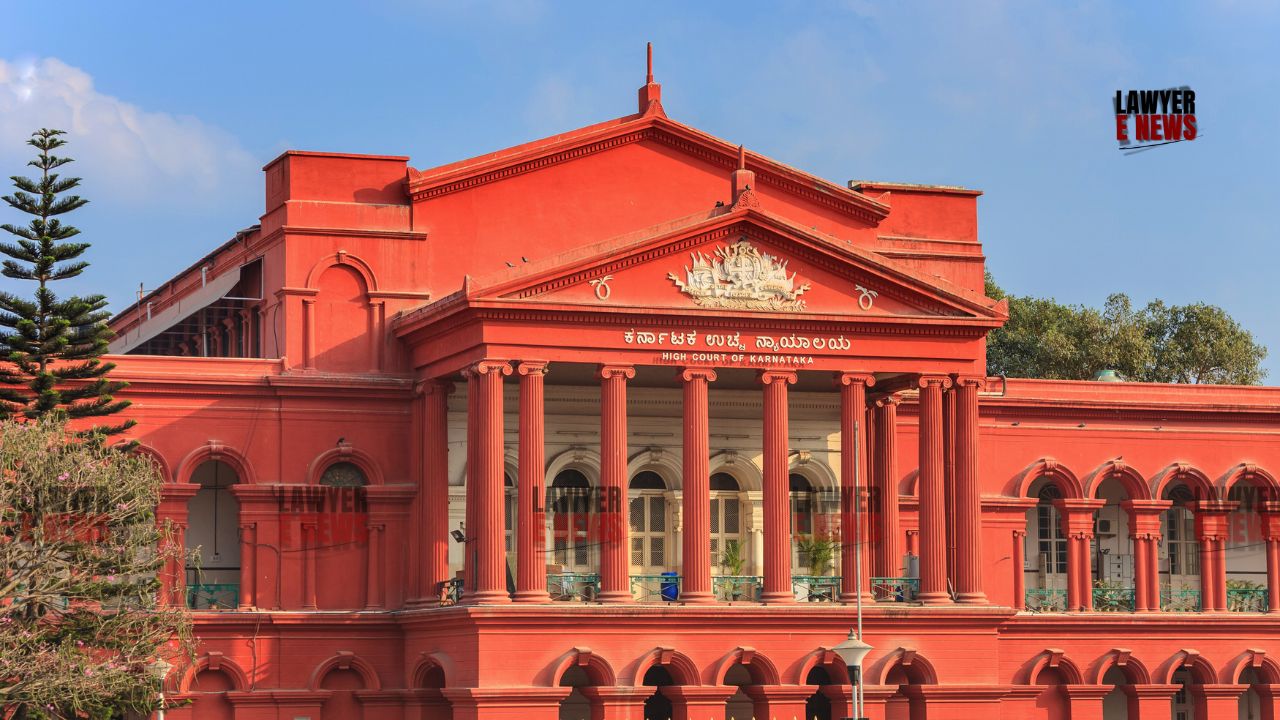-
by Admin
15 February 2026 5:35 AM



Court modifies Tribunal's award, holding both owner and insurance company liable for compensation. The Karnataka High Court has ruled that the absence of a fitness certificate at the time of an accident does not absolve an insurance company of its liability. This significant judgment, delivered by Justice T.G. Shivashankare Gowda on May 28, 2024, modified the compensation awarded to the petitioner, Mallesha, and held the insurance company liable despite the vehicle's lapsed fitness certificate.
The case involved an accident on April 12, 2008, where Mallesha, a passenger in an auto rickshaw, sustained injuries due to the vehicle capsizing while avoiding a cyclist. The Tribunal had originally awarded a compensation of ₹1,44,400 but placed the liability solely on the vehicle's owner due to the lack of a valid fitness certificate at the time of the accident.
Justice Gowda enhanced the compensation to ₹2,10,500, citing the petitioner’s additional claims for pain and suffering, medical expenses, and loss of future earnings. "The lapse of a fitness certificate does not constitute a breach of the Motor Vehicles Act, and thus, the insurance company cannot be exonerated from its liability," the court stated, referencing the Full Bench decision of the Kerala High Court in V.M. Augustine vs. Ayyappankutty.
Justice Gowda remarked, "The policy of insurance was issued when the fitness certificate was valid, and the insurance company cannot avoid its liability merely because the certificate expired before the accident."
This judgment underscores that insurance companies cannot evade responsibility based on the expiration of a fitness certificate if it was valid at the time the policy was issued. The decision ensures that victims receive due compensation, emphasizing the importance of insurance coverage in providing financial relief post-accidents. The ruling is expected to influence future cases where insurance companies might attempt to disclaim liability based on technicalities regarding vehicle documentation.
Date of Decision: May 28, 2024
Mallesha vs. The Branch Manager, Oriental Insurance Co. Ltd. & Another
